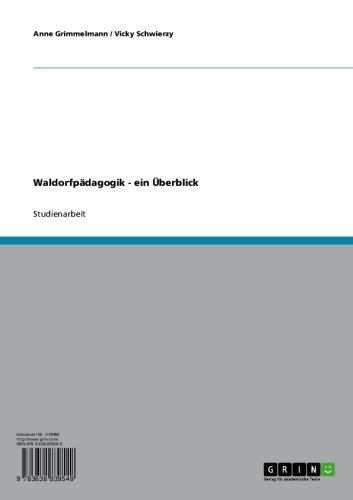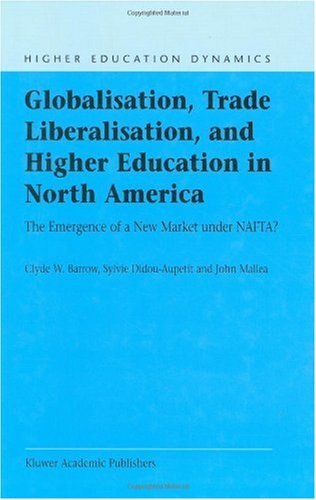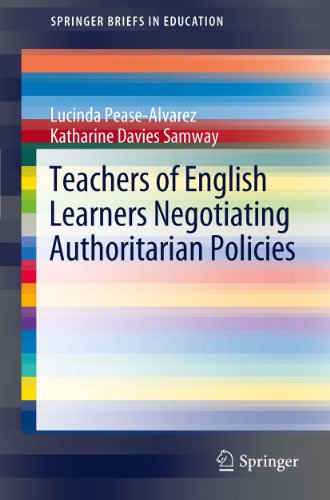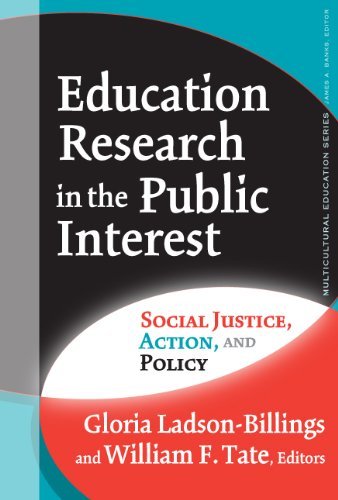
By Anne Grimmelmann,Vicky Schwierzy
Die erste Entwicklungsstufe umfasst den Zeitraum von Geburt bis zum 7. Lebensjahr des Kindes, diese Zeit ist die „Zeit des physischen Leibes“. In dieser Spanne ist das sort vor allem sensibel für die Sinnesreize seiner Umgebung und schult das eigene sinnenhafte Erfahren. Der entsprechende Erziehungsgrundsatz lautet hier auf Nachahmung des Vorbildes, wobei der Anspruch an den Erzieher deutlich erkennbar ist:
Der Pädagoge sollte besonders im moralischen Sinne „gut“ sein und den Kindern zum „guten“ Vorbild dienen.
Das zweite Wesensglied ist der „Ätherleib“, auch „Bildekräfteleib“ genannt, bei dem die Entwicklung des Gedächtnisses und die Ausprägung der Vorstellungskraft vonstatten gehen. Diese Stufe beginnt mit dem 7. und endet mit dem 14. Lebensjahr. Als erzieherischer Grundsatz gelten hier Nachfolge des Kindes gegenüber der Autorität des Pädagogen.
Vom 14. bis zum 21. Lebensjahr folgt nun die dritte Stufe, der „Ätherleib“, während der das abstrakte Denken und die freie Urteilskraft, aber auch die Trieb und Leidenschaften ausgebildet werden. Der erzieherische Grundsatz basiert nun auf der Förderung des selbständigen Denken und kritischen Hinterfragens, um Urteilsfähigkeit einzuüben.
Mit dem 21. Lebensjahr ist die Entwicklung schließlich abgeschlossen und das endgültige „Ich“ des Menschen ist erreicht. Von nun an wird das Individuum als mündig und frei betrachtet, daher wird die Erziehung durch andere abgelöst von der Selbsterziehung.
Read Online or Download Waldorfpädagogik - ein Überblick (German Edition) PDF
Best education policy books
This examine is the 1st attempt to rfile the level of NAFTA's influence on larger schooling. via case stories, the authors learn better schooling coverage in Canada, Mexico, and the us utilizing a typical theoretical framework that identifies financial globalization, foreign exchange liberalization, and post-industrialization as universal structural elements exerting an important impression on larger schooling within the 3 nations.
UNSUSTAINABLE frames the matter of price and effectiveness in AmericaOs public education process, and gives a method to deal with it. It argues anything that many schooling pros and coverage makers have come to think yet infrequently point out: That this countryOs approach of K-12 education isn't really sustainable and is turning into a poorer price every year that is going via.
Teachers of English Learners Negotiating Authoritarian Policies (SpringerBriefs in Education)
On the way to opposite the purported obstacle in U. S. public faculties, the government, states, districts have mandated regulations that desire standardized techniques to educating and evaluate. accordingly, lecturers were hoping on teacher-centered tutorial techniques that don't think about the wishes, reviews, and pursuits in their scholars; this can be really suggested with English rookies (ELs).
Acclaimed African American student and instructor educator Gloria Ladson-Billings examines the sphere of instructor schooling in the course of the accomplishments and contributions of recognized African American instructor educators—Lisa Delpit, Carl provide, Jacqueline Jordan Irvine, Geneva homosexual, Cherry McGee Banks, William Tate, and Joyce King.
- Second International Handbook of Urban Education (Springer International Handbooks of Education)
- Practice Theory Perspectives on Pedagogy and Education: Praxis, Diversity and Contestation
- The Problem of College Readiness
- Teacher Management in China: The Transformation of Educational Systems (Routledge Contemporary China Series)
- Becoming Mobius: The complex matter of education
- Edu.net: Globalisation and Education Policy Mobility
Extra resources for Waldorfpädagogik - ein Überblick (German Edition)
Sample text



